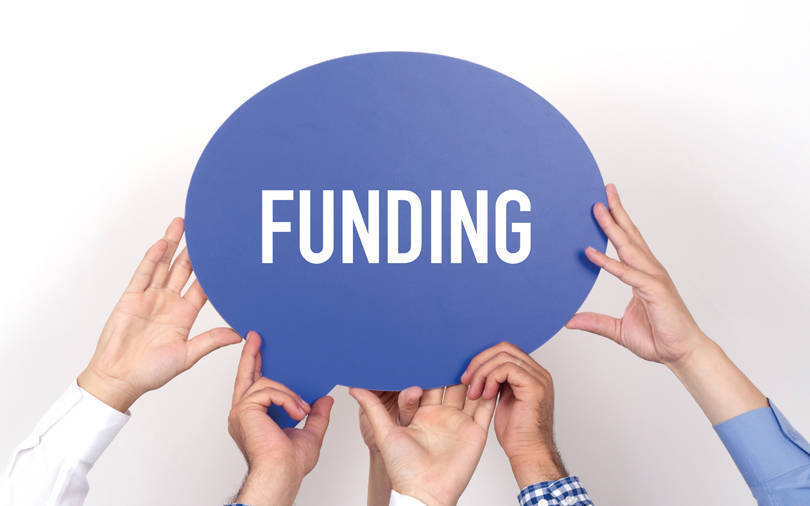If you are unable to repay your bridge loan, there are several potential consequences depending on the terms of the loan agreement and the lender’s policies. Here are some possible scenarios:
- Default: If you fail to make your payments as agreed, you may be considered in default on the loan. This means that the lender can take legal action against you to recover the funds, which may include seizing any collateral you provided or taking you to court.
- Additional fees and interest: If you miss a payment or fail to repay the loan on time, the lender may charge you additional fees and interest, increasing the overall cost of the loan.
- Extension or renewal: Some lenders may allow you to extend or renew the loan if you are unable to repay it on time. However, this may come with additional fees and interest, and can ultimately increase the cost of the loan.
- Damage to credit score: Failing to repay a loan can negatively impact your credit score, making it more difficult for you to obtain credit in the future.
It’s important to carefully consider the terms and conditions of any loan before accepting it, and to make sure that you can realistically repay the loan as agreed. If you are having trouble repaying a bridge loan, it’s a good idea to contact the lender and discuss your options.

